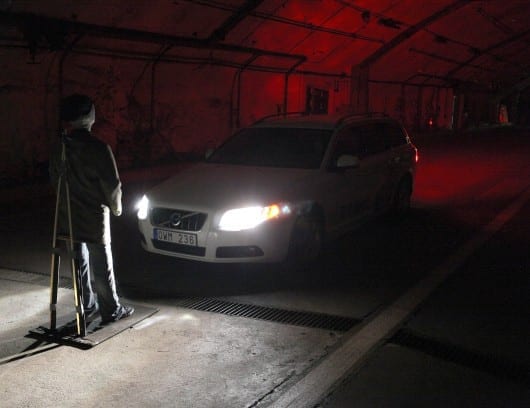A tiny radio chip is arousing fear – but also great enthusiasm. Is it a threat to everything that we know as personal data protection, or the optimal way of keeping track in a chaos of products?
Imagine a world in which everything that you own is numbered and catalogued. All your shoes; every piece of clothing. A world in which nothing can be regarded as private, but where everything can be traced back to you. Take a step further in your thinking and you have a universe in which every movement is also registered. How many times did you visit the off-licence last month, and how many litres of milk did you buy last Saturday?
This situation is not far off, if we can believe Kathrine Albrecht, one of the USA’s leading experts on personal data protection. She is among those who regard with suspicion the potential applications of identifying individuals with the aid of the new technology known as RFID – Radio Frequency IDentification.
One American company has already developed a chip that can be implanted in your arm. This could allocate each of us a unique ID number linked to information in a central database. Quite impermissible, according to Albrecht.
However, such critical voices are few and far between. Most people are likely to think that RFID is primarily an identification technology that is tailor-made for industries that depend on supplies of services, flows of materials, stocks of goods, manufacturing and reliability of supply. And that the potential for improved efficiency and security is unimaginable.
Related articles by Zemanta
- Credit Cards That Don’t Require Swiping (usnews.com)
- Gadget Charger Harvests Wireless Power (technologyreview.com)
- Game Changer in Retailing, Bar Code Is 35 (nytimes.com)










